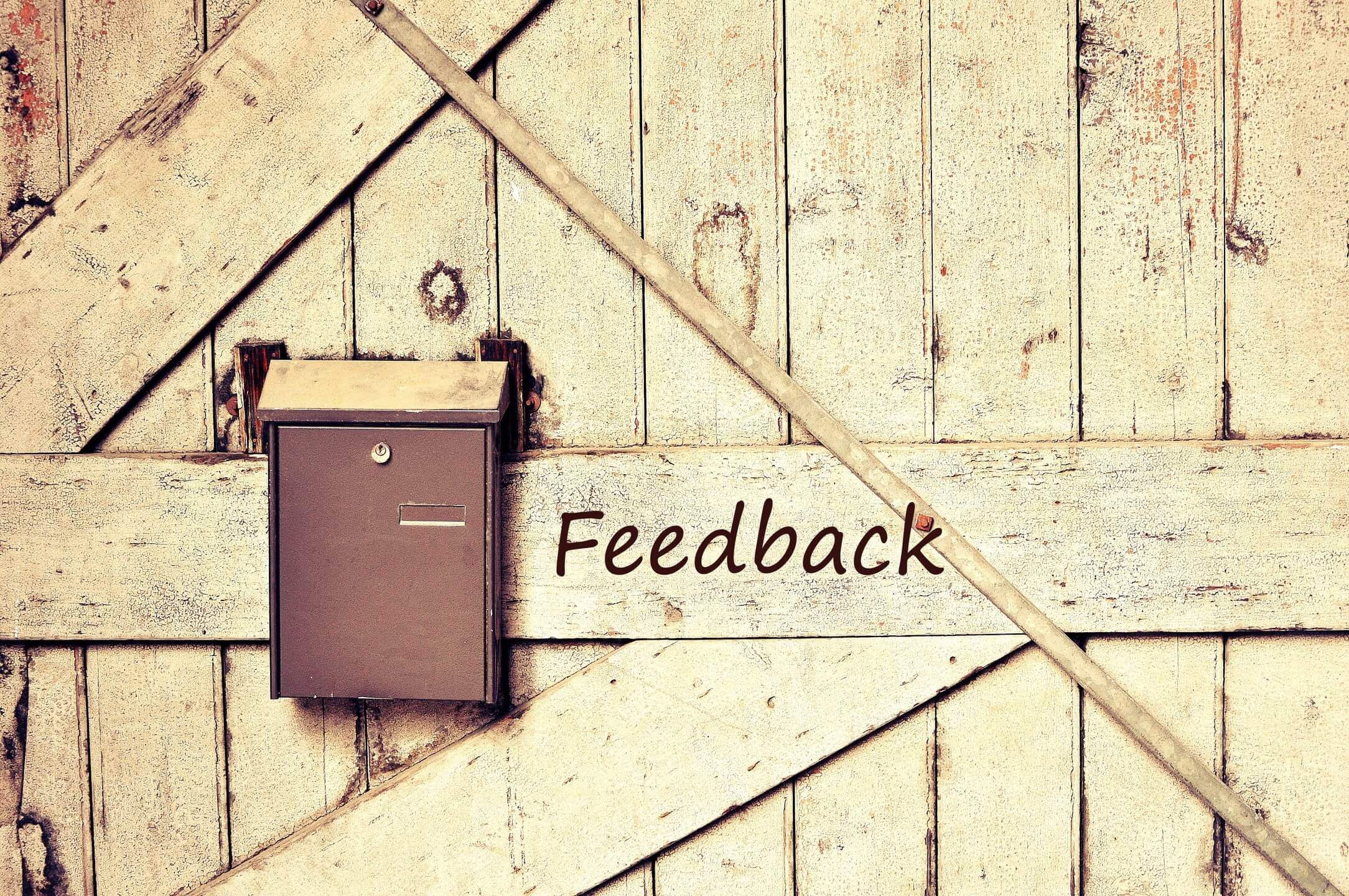In today’s dynamic work environment, the pressure on margins and growth rates often leads to heightened tensions, resulting in cross-departmental fights. Such conflicts can leave employees caught in the crossfire, seeking ways to navigate these disputes without compromising their professional standing. This comprehensive guide delves into strategies to maintain professionalism and peace amidst workplace conflicts, ensuring you emerge unscathed and contribute positively to resolving tensions.
Conduct Yourself Professionally
First and foremost, professionalism is your shield in the tumult of cross-departmental conflicts. Imagine a scenario where you become the unwilling confidant of a manager disparaging their counterpart. Engaging in this negativity is a trap that can tarnish your professional image. Instead, aim to redirect conversations towards work-related topics and maintain a stance of neutrality. For instance, if one manager attempts to sway you against the other, a professional response might be, “I understand this is a frustrating situation, but I believe focusing on our project goals is paramount.” Failure to maintain this professional demeanor can result in lost respect and trust from both parties, potentially impacting your career progression.
Provide Context
Providing context to the warring factions can illuminate the path to resolution. Encouraging dialogue and understanding between the parties, possibly through mediation by a senior manager, can foster a more collaborative environment. Consider a project where the marketing and product development teams are at odds, leading to delays. By facilitating a meeting where each team can outline their expectations and challenges, you offer a platform for understanding and compromise. Ignoring this step may lead to the deterioration of project quality and team cohesion.
Develop a Neutral Language
Confusion and misunderstanding often lie at the heart of interdepartmental conflicts. By adopting a neutral language and serving as an empathetic intermediary, you can help bridge the gap between differing perspectives. This approach involves listening actively to both sides and conveying each party’s viewpoints without bias. For example, translating technical jargon from the IT department into business terms for the marketing team can clarify expectations and reduce friction. Without such efforts, unresolved misunderstandings can escalate into persistent conflicts, hindering productivity and workplace harmony.
Don’t Ignore It
While it might be tempting to dismiss cross-departmental fights as none of your business, doing so only contributes to a toxic work environment. Acknowledging the issue and taking steps to address it, whether through direct involvement or by alerting HR, is crucial. For instance, if you notice a recurring pattern of disputes affecting your team’s morale, raising the issue in a team meeting or with a trusted manager can initiate the process of resolution. Ignoring the problem not only perpetuates the conflict but can also lead to increased stress and job dissatisfaction for you and your colleagues.
Celebrate Accomplishments
Amidst conflicts, it’s vital to recognize and celebrate the achievements of your team. Organizing a celebration for a project’s successful completion can serve as a neutral ground for conflicting parties to interact in a less formal setting, potentially easing tensions. This gesture of appreciation and camaraderie can remind everyone of the collective goals and successes, overshadowing interpersonal disputes. For example, a simple team lunch or an after-work gathering to celebrate meeting a project milestone can build bridges and foster a sense of unity. Neglecting to acknowledge and celebrate these moments can lead to a culture where only conflicts are highlighted, overshadowing the positive outcomes of collaboration.
Involve Senior Management or HR When Necessary
In situations where the conflict escalates beyond your control or begins to affect your work, seeking the intervention of senior management or HR is a prudent step. This doesn’t mean escalating every minor disagreement but recognizing when professional mediation is needed to resolve a deeply entrenched dispute. Approaching HR confidentially or discussing the issue with a senior manager can facilitate a more structured resolution process, ensuring that the conflict is addressed constructively without implicating you directly. Avoiding this step can leave you vulnerable to becoming embroiled in the conflict, with potential repercussions for your professional relationships and peace of mind.
Jappreet Sethi, a leadership coach, emphasizes the importance of such strategies, stating, “The ability to navigate cross-departmental fights with diplomacy and professionalism not only protects your career but also contributes to a healthier workplace culture.”
Another critical aspect of handling cross-departmental fights is the ability to maintain your well-being. Constant exposure to workplace conflicts can be draining, both emotionally and mentally. It’s essential to find ways to detach and decompress after work, ensuring that the stress of office politics doesn’t seep into your personal life. This could mean engaging in hobbies, physical activity, or simply spending time with loved ones to rejuvenate and maintain a balanced perspective.
Cross-departmental fights, while challenging, offer an opportunity for professional growth and development. By conducting yourself professionally, providing context, developing a neutral language, addressing conflicts head-on, celebrating accomplishments, and involving HR or senior management when necessary, you can navigate these situations effectively.
Remember, your approach to these conflicts can significantly influence not only the outcome of the situation but also your reputation within the organization. Handling disputes with grace, diplomacy, and a focus on resolution showcases your leadership qualities and positions you as a valuable, resilient member of the team.
Moreover, adopting a mindset of continuous learning and improvement can transform challenges into opportunities for personal and professional growth. Each conflict presents a unique set of circumstances and learning from these experiences enriches your problem-solving toolkit, making you better equipped to handle future disagreements.
Additionally, fostering a culture of open communication and mutual respect within your team can preempt many potential conflicts. Encouraging team members to express their concerns and suggestions openly can lead to early identification of potential issues, allowing for quicker resolution and minimizing the chances of escalation into a cross-departmental fight.
In the words of Jappreet Sethi, “True leadership is tested in times of conflict. Your ability to navigate these waters with integrity and foresight can turn challenges into stepping stones for success.” This sentiment underscores the importance of handling cross-departmental fights with a strategic, thoughtful approach.










